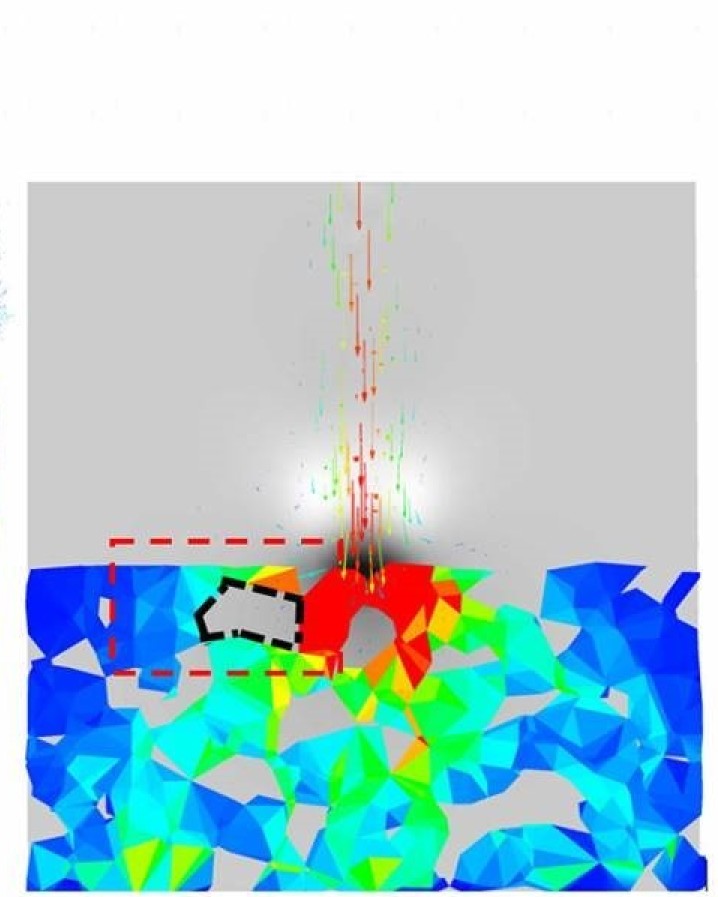
Dr JP Latham will deliver the ESE Departmental Seminar on 4 February 2021, “Geothermal energy could be cheaper to access thanks to new drill technology”
Join us online at 12pm on Thursday 4 February, by clicking ‘Livestream’ on the seminar page.
Abstract
The ORCHYD project, funded by the EU’s Horizon 2020 project, will combine existing technologies to help reduce the cost of reaching geothermal energy.
The project, led by researchers from ARMINES in France together with partners Imperial College London, Norway’s SINTEF, University of Piraeus, China University of Petroleum and French drilling company Drillstar, could expand the use of this renewable energy source and help tackle the climate crisis.
Geothermal energy harnesses the heat of rocks, steam and water deep beneath the Earth’s surface. It is carbon neutral, widely available and, unlike wind and solar energy, can provide a stable supply 24/7. Therefore, geothermal reservoirs could make a significant contribution to renewable energy supply in Europe and worldwide.
However, the drilling required to reach far enough into deep hard rocks (more than 4km deep) to harvest this type of energy is slow and inefficient, which makes it prohibitively expensive. Geothermal therefore currently supplies less than two per cent of global energy.
In this talk, JP Latham will explain how Imperial is using rock fragmenting computer simulations, combining solid and fluid dynamics, to find the optimal jetting settings to shape and groove the advancing rock face and to explain why the hybrid drill bores through rock more rapidly.
This project is the first time researchers will combine water jets and hammers to tap into geothermal reservoirs; the combined technology could pave the way for further decarbonisation of the energy sector.
Speaker
 Dr. John-Paul Latham
Dr. John-Paul Latham
Reader in Geomechanics
Applied Modelling and Computational Group
Department of Earth Science and Engineering